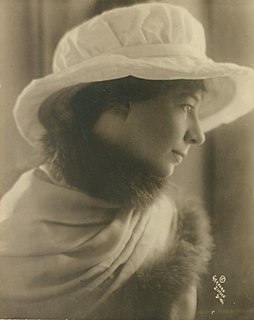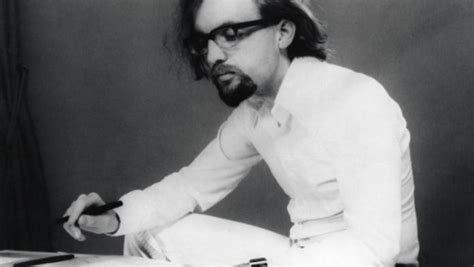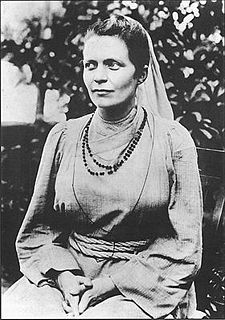A Quote by Percy Bysshe Shelley
History is a cyclic poem written by time upon the memories of man.
Related Quotes
I just think that the world of workshops - I've written a poem that is a parody of workshop talk, I've written a poem that is a kind of parody of a garrulous poet at a poetry reading who spends an inordinate amount of time explaining the poem before reading it, I've written a number of satirical poems about other poets.
The poem builds in my mind and sits there, as if in a register, until the poem, or a piece of a longer poem, is finished enough to write down. I can hold several lines in my head for quite some time, but as soon as they are written down, the register clears, as it were, and I have to work with what is on the paper.
I keep feeling that there isn't one poem being written by any one of us - or a book or anything like that. The whole life of us writers, the whole product I guess I mean, is the one long poem - a community effort if you will. It's all the same poem. It doesn't belong to any one writer - it's God's poem perhaps. Or God's people's poem.
My theory is that poems are written because of a state of emotional irritation. It may be present for some time before the poet is conscious of what is tormenting him. The emotional irritation springs, probably, from subconscious combinations of partly forgotten thoughts and feelings. Coming together, like electrical currents in a thunder storm, they produce a poem. ... the poem is written to free the poet from an emotional burden.
One day while studying a Yeats poem I decided to write poetry the rest of my life. I recognized that a single short poem has room for history, music, psychology, religious thought, mood, occult speculation, character, and events of one's own life. I still feel surprised that such various substances can find shelter and nourishment in a poem. A poem in fact may be a sort of nourishing liquid, such as one uses to keep an amoeba alive. If prepared right, a poem can keep an image or a thought or insights on history or the psyche alive for years, as well as our desires and airy impulses.
We must create a history of India in living terms. Up to the present that history, as written by the English, practically begins with Warren Hastings, and crams in certain unavoidable preliminaries, which cover a few thousands of years...The history of India has yet to be written for the first time. It has to be humanized, emotionalized, made the trumpet-voice and evangel of the race that inhabit India.
I think that poetry is an act of celebration, that anytime you're writing a poem, it means that you're celebrating something, even if it's a sad poem, if it's an angry poem, a political poem or anything at all. The fact that you're taking the time and energy to pick up this thing and hold it to the light, and say, "Let's take some time to consider this," means that you've deemed it worthy enough to spend time on - which, in my opinion, is celebrating.
I find myself absolutely fulfilled when I have written a poem, when I'm writing one. Having written one, then you fall away very rapidly from having been a poet to becoming a sort of poet in rest, which isn't the same thing at all. But I think the actual experience of writing a poem is a magnificent one.







































